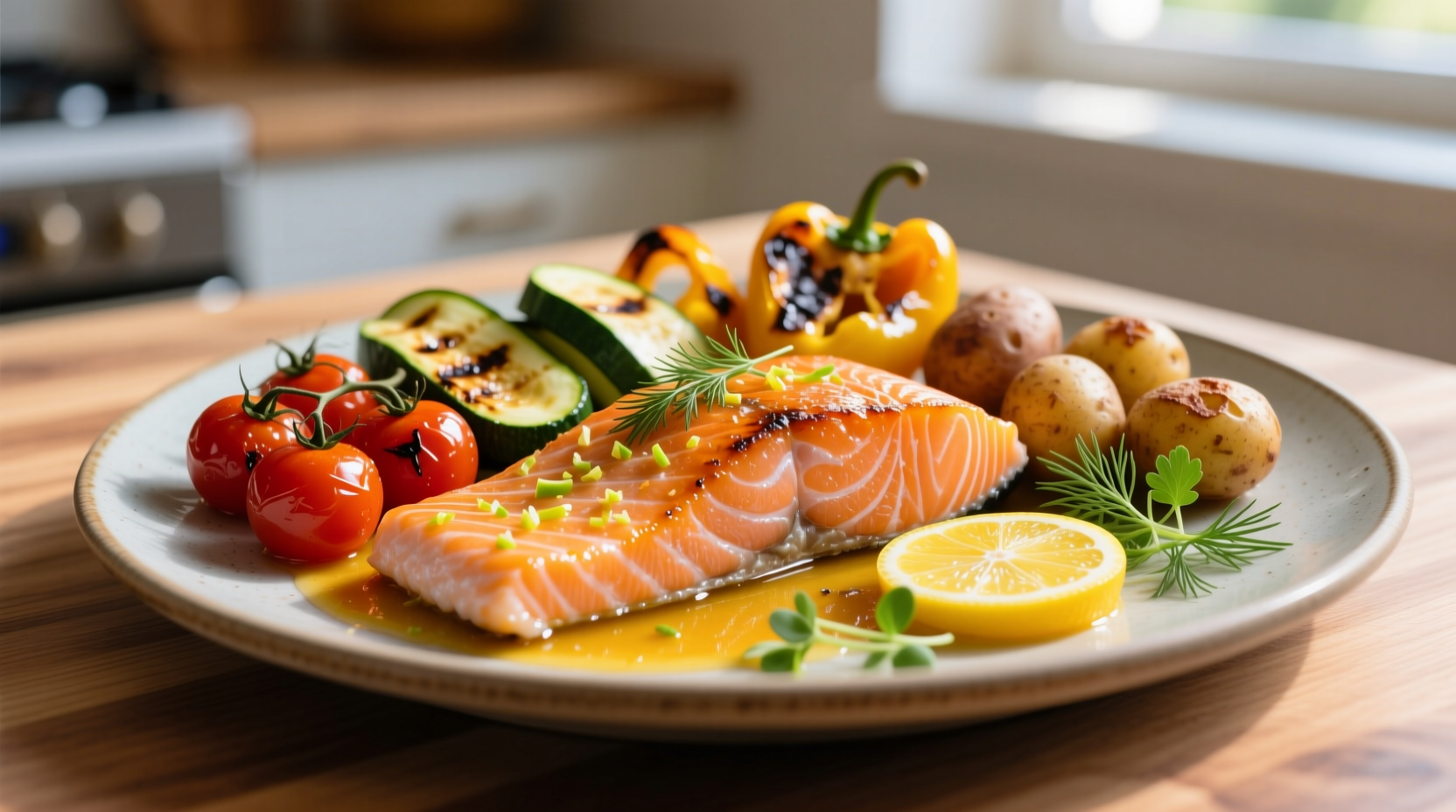Chemotherapy-induced taste changes affect 70-80% of cancer patients, making eating one of treatment's most challenging aspects. This guide delivers practical, medically-reviewed solutions developed with oncology dietitians to help you maintain nutrition when food suddenly tastes metallic, bitter, or bland.
Why Chemotherapy Changes Your Sense of Taste
Chemotherapy targets rapidly dividing cells, including taste bud cells that regenerate every 10 days. This damage causes "chemo mouth" - a metallic or bitter taste affecting 76% of patients according to the National Cancer Institute. Zinc deficiency from treatment exacerbates these changes, making even favorite foods unpalatable.
| Common Taste Changes | When They Typically Occur | Duration |
|---|---|---|
| Metallic taste (dysgeusia) | 2-3 days after treatment | 1-2 weeks per cycle |
| Complete taste loss (ageusia) | Middle of treatment cycle | 3-4 weeks |
| Increased sensitivity to bitterness | Throughout treatment | Varies by medication |
Immediate Solutions: What to Eat Today
Start with these clinically-proven approaches that provide relief within hours:
Citrus-Infused Proteins
Marinate chicken, fish, or tofu in lemon, lime, or orange juice for 30 minutes before cooking. The citric acid counters metallic tastes by stimulating saliva production. A 2019 Journal of Supportive Oncology study found citrus marinades improved protein intake by 40% in patients experiencing taste changes.
Cold and Room-Temperature Foods
Chill foods before eating to reduce strong odors that trigger nausea. Try:
- Cold cucumber soup with dill
- Chilled mango lassi
- Room-temperature quinoa salad
Heat intensifies aromas that can make food unappealing during chemo. The American Cancer Society recommends serving foods cold when metallic tastes dominate.
Umami Power Foods
Foods rich in umami (glutamate) can override metallic sensations:
- Miso soup with seaweed
- Roasted mushrooms
- Tomato-based sauces
A clinical trial published in Nutrition and Cancer showed umami-rich foods increased food acceptance by 63% compared to standard hospital meals.

Advanced Flavor Strategies
When basic approaches aren't enough, implement these professional techniques:
Flavor Layering System
Oncology dietitians use this three-step method to rebuild palatable meals:
- Base layer: Mild starch (rice, potatoes, pasta)
- Flavor layer: Citrus or vinegar-based sauce
- Texture layer: Crunchy toppings (toasted seeds, nuts)
This approach works because it separates strong flavors from the main food component, reducing overwhelming sensations.
Kitchen Adjustments That Matter
- Use plastic or wooden utensils instead of metal
- Cook with glass or ceramic pans
- Rinse mouth with salt-water before eating
- Try zinc supplements (consult your oncologist first)
These small changes address the physical triggers of metallic taste. The National Institutes of Health notes that zinc supplementation normalized taste in 34% of patients in a controlled trial.
What to Avoid During Treatment
Certain foods typically worsen taste disturbances:
- Red meat (often tastes metallic)
- Strong-smelling foods while cooking
- Very hot beverages
- Overly sweetened foods
Instead of red meat, try plant-based proteins like lentils or chickpeas. If you crave meat, the University of California San Francisco Medical Center recommends using bacon flavoring rather than actual bacon, which often triggers aversion.
When to Seek Professional Help
Consult an oncology dietitian if:
- You've lost 5% of your body weight in one month
- Food aversion lasts more than 10 days between cycles
- You're drinking fewer than 4 cups of fluids daily
These symptoms indicate potential malnutrition risk. The Academy of Nutrition and Dietetics reports that early dietitian intervention reduces treatment interruptions by 27%.
Making Food Enjoyable Again
Regaining pleasure in eating during chemotherapy requires patience and experimentation. Track your taste responses in a food journal to identify patterns. Remember that taste changes are temporary - most patients regain normal taste perception 2-3 months after treatment ends. In the meantime, focus on maintaining nutrition with these practical strategies that have helped thousands navigate this challenging side effect.
How quickly do taste changes start after chemo?
Taste alterations typically begin 24-72 hours after treatment starts, coinciding with when chemotherapy affects rapidly dividing taste bud cells. The metallic taste sensation often peaks around day 3-4 of each treatment cycle.
Are there specific vitamins that help with chemo taste changes?
Zinc supplementation (25-50mg daily) shows promise for some patients, but must be approved by your oncologist first. A 2021 study in Supportive Care in Cancer found zinc normalized taste in 34% of participants. Never start supplements without medical approval during cancer treatment.
What's the best way to prepare vegetables when everything tastes metallic?
Roast vegetables with balsamic vinegar or citrus juice instead of olive oil. The acid content counters metallic sensations better than fats. Try roasting carrots with orange zest or Brussels sprouts with apple cider vinegar. Cold vegetable preparations like chilled cucumber soup often work better than hot dishes.
How long do taste changes last after chemo ends?
Most patients notice gradual improvement within 2-3 weeks after completing treatment, with full recovery typically occurring 1-3 months post-chemo. However, some report lingering changes up to 6 months. Taste bud regeneration continues for several months after treatment ends.











 浙公网安备
33010002000092号
浙公网安备
33010002000092号 浙B2-20120091-4
浙B2-20120091-4